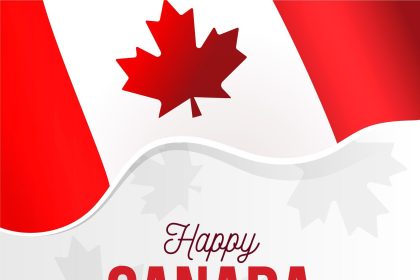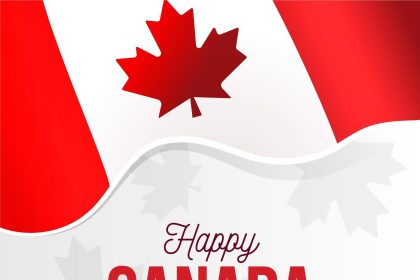Immigration, Refugees and Citizenship Minister Mark Miller announced today that the Government of Canada is capping international student permit applications for a two-year period to stabilize new growth. For 2024, this cap is expected to result in approximately 360,000 approved study permits, a 35 percent decrease from 2023. In keeping with the spirit of fairness, provincial and regional limits have been determined by population, which will result in much more. It decreases in the provinces where the population of international students has had the most unstable growth. The extension of the study permit will not be effective. Those who are studying in master's and doctoral degrees and primary and secondary education are not included in this ceiling. Current study permit holders are not affected.
IRCC will allocate a portion of the cap to each province and territory, which will then distribute the allocation among its designated educational institutions. To implement the cap, starting January 22, 2024, every study permit application submitted to IRCC will also need a certificate from a province or territory. Provinces and regions are expected to create a process for issuing certificates for students by March 31, 2024 at the latest.
These temporary measures will be implemented for two years and the number of new study permit applications accepted in 2025 will be reassessed at the end of this year. During this period, the Government of Canada will work with provinces and territories, designated educational institutions and national education stakeholders to create a sustainable path forward for international students, including finalizing the Recognized Institution Framework, establishing long-term sustainable levels of student enrollment between International will continue. and ensuring that postgraduate institutions are able to provide appropriate levels of student accommodation.
Latest News
Also, from September 1, 2024, the Canadian government has decided to make extensive changes in its immigration and education policy. Under these changes, international students who begin their degree program will no longer be eligible for a post-graduation work permit upon graduation. This decision applies to curriculum licensing agreements, and students must physically attend a private college licensed to offer the curriculum of an affiliated public college.
Graduates of master's courses and other short-term master's degree programs will be eligible to apply for a work permit for 3 years after graduation. This post-graduation work permit will not be limited to the duration of one's study program, and master's graduates will not be faced with limiting the time to gain work experience and transfer to permanent residence.
In the future, freelance work permits will only be available to spouses of international students at Master's and Ph.D. Spouses of international students in other degrees will not be eligible. These new changes are introduced as a complement to recent reforms to Canada's international student program and are aimed at ensuring that students are provided with the financial support and resources necessary for a positive academic experience, as well as balancing the number of incoming students and reducing pressures on housing and health care.
RCO NEWS
















